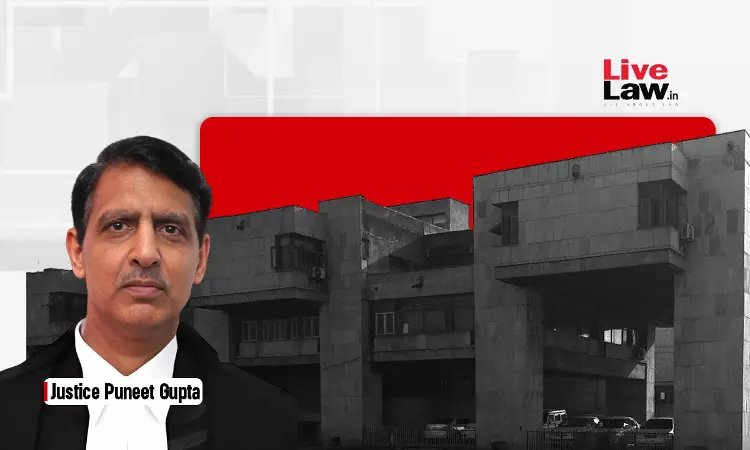Appellant Should Also Challenge Decree Not Just Judgment U/S 96 CPC: Jammu & Kashmir High Court
Basit Amin Makhdoomi
23 Aug 2023 7:45 PM IST

Next Story
23 Aug 2023 7:45 PM IST
The Jammu and Kashmir High Court on Tuesday highlighted that an appeal must challenge the decree passed by the original court, not just the judgment as mandated by Section 96 of the Code of Civil Procedure (CPC). Justice Puneet Gupta emphasised that the responsibility to challenge the decree rested with the appellants and that their failure to do so within the stipulated time period could not...
